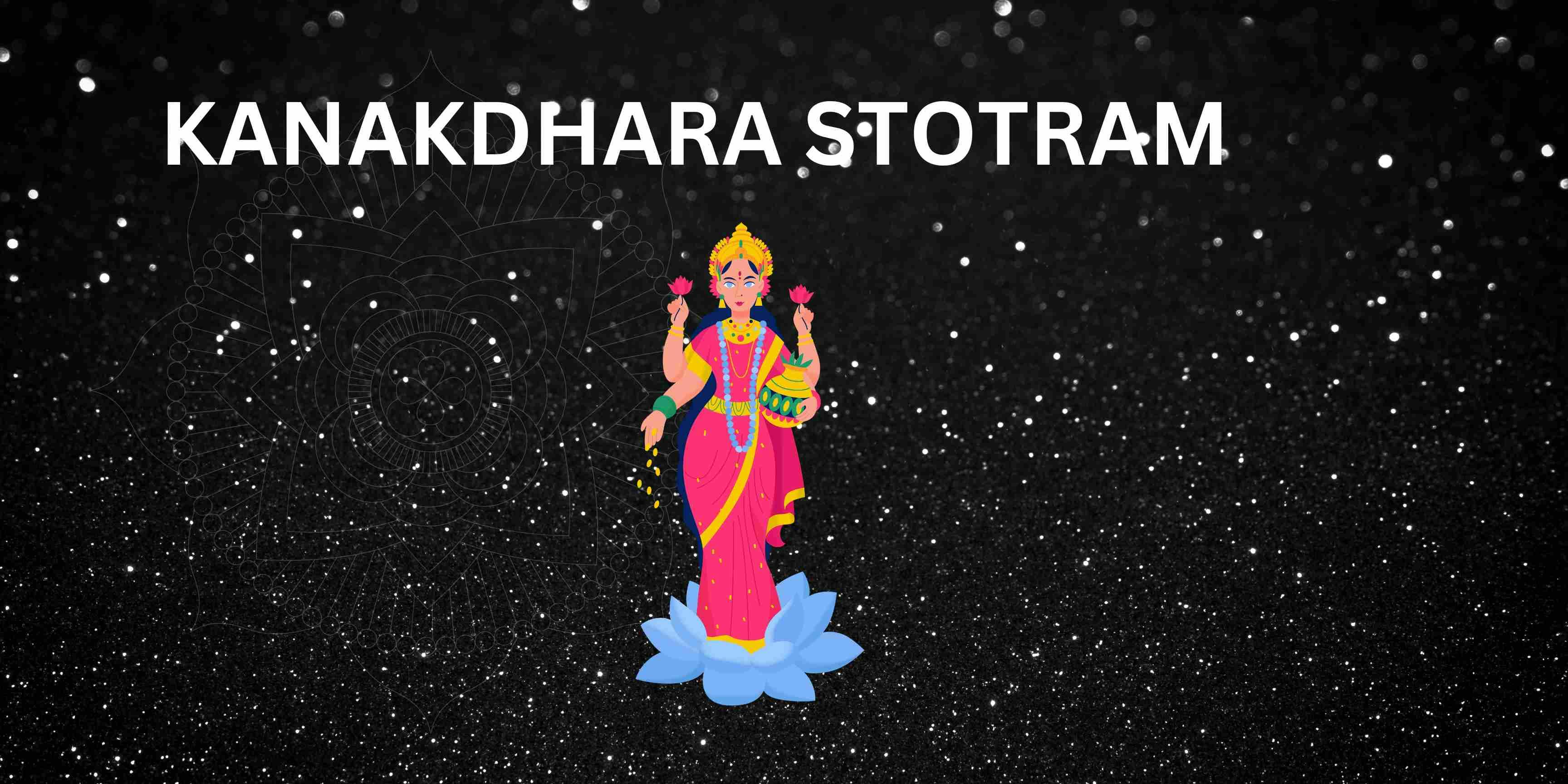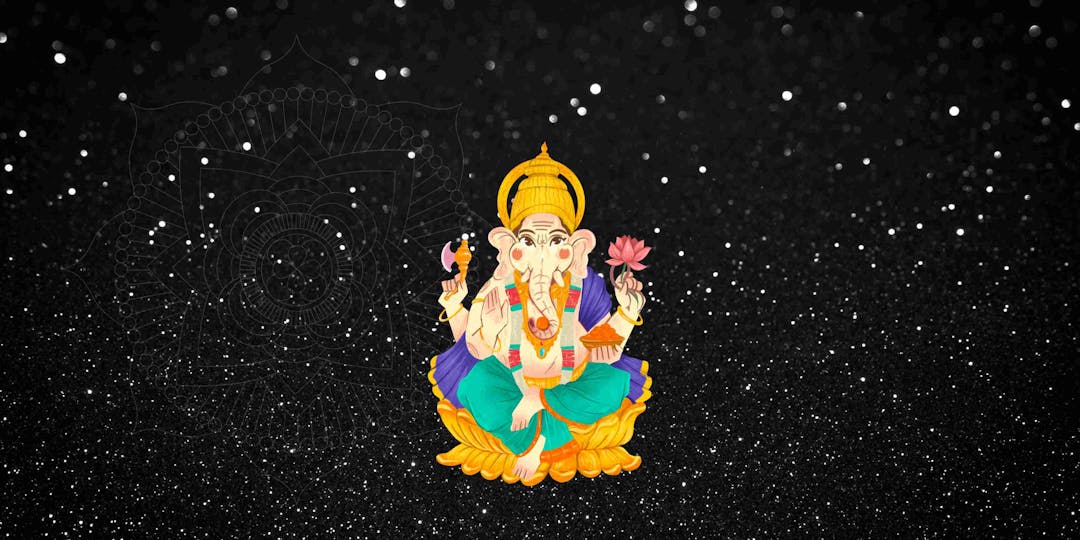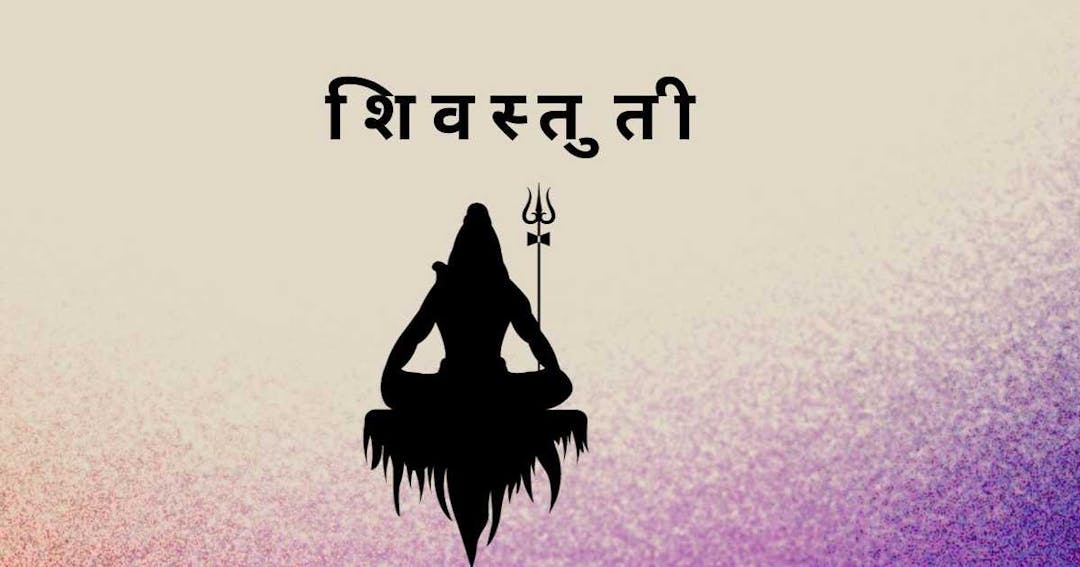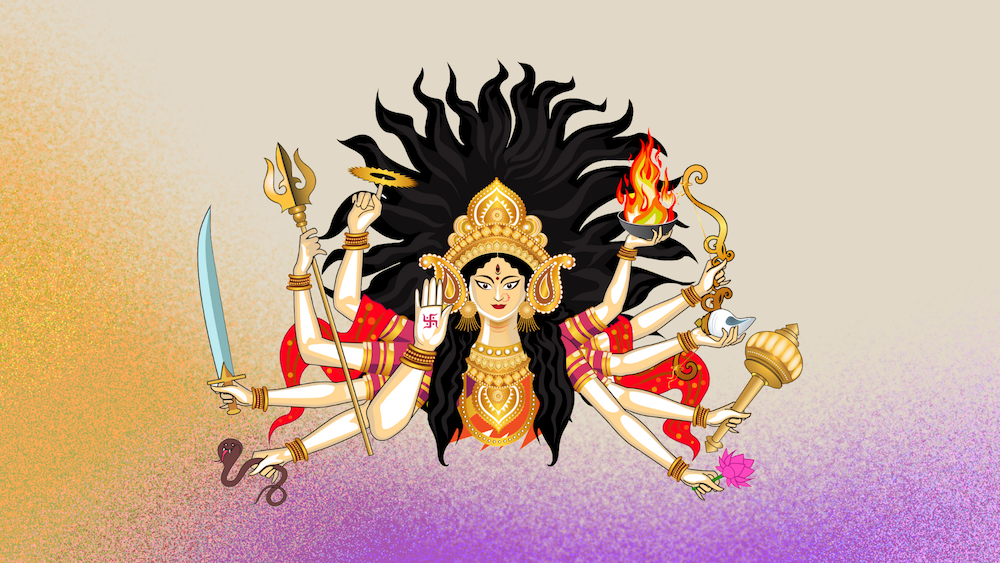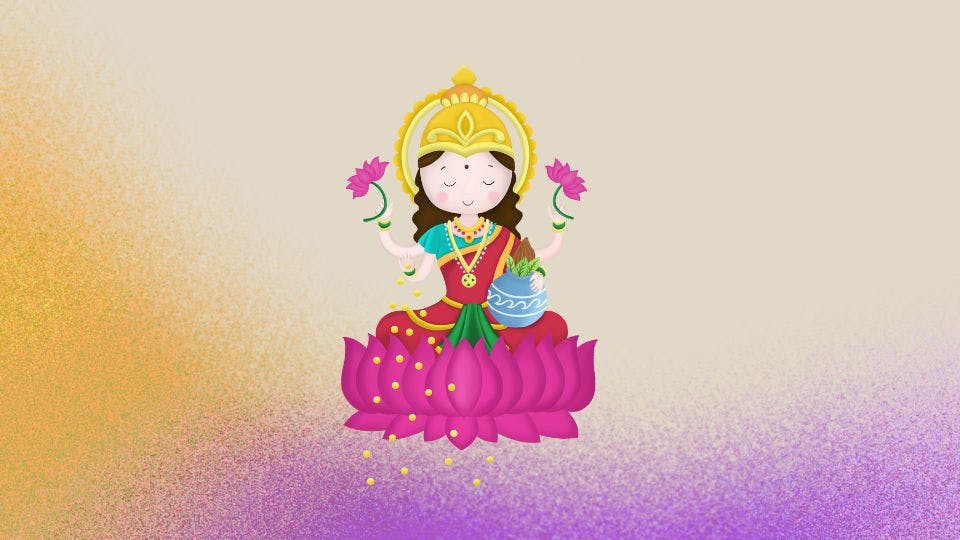Kanakdhara stotram Kanakdhara Stotram is a powerful hymn that is believed to bring abundance and prosperity. Its verses praise Goddess Lakshmi and seek her blessings.
Kanak-dhara means stream of gold. Kanaka means gold in Sanskrit and dhara means stream. Shri Aadshankara here is comparing the blessings of the Godess Laxmi to the stream of gold that flows from her hand.
कनकधारा स्तोत्रम् - अङ्गं हरेः पुलकभूषणमाश्रयन्ती
अङ्गं हरेः पुलकभूषणमाश्रयन्ती
भृङ्गाङ्गनेव मुकुलाभरणं तमालम् ।
अङ्गीकृताखिलविभूतिरपाङ्गलीला
माङ्गल्यदास्तु मम मङ्गलदेवतायाः ॥१॥
मुग्धा मुहुर्विदधती वदने मुरारेः
प्रेमत्रपाप्रणिहितानि गतागतानि ।
माला दृशोर्मधुकरीव महोत्पले या
सा मे श्रियं दिशतु सागरसम्भवायाः ॥२॥
विश्वामरेन्द्रपदविभ्रमदानदक्षम्_
आनन्दहेतुरधिकं मुरविद्विषोऽपि ।
ईषन्निषीदतु मयि क्षणमीक्षणार्धम्_
इन्दीवरोदरसहोदरमिन्दिरायाः ॥३॥
आमीलिताक्षमधिगम्य मुदा मुकुन्दम्_
आनन्दकन्दमनिमेषमनङ्गतन्त्रम् ।
आकेकरस्थितकनीनिकपक्ष्मनेत्रं
भूत्यै भवेन्मम भुजङ्गशयाङ्गनायाः ॥४॥
बाह्वन्तरे मधुजितः श्रितकौस्तुभे या
हारावलीव हरिनीलमयी विभाति ।
कामप्रदा भगवतोऽपि कटाक्षमाला
कल्याणमावहतु मे कमलालयायाः ॥५॥
कालाम्बुदालिललितोरसि कैटभारेर्_
धाराधरे स्फुरति या तडिदङ्गनेव ।
मातुः समस्तजगतां महनीयमूर्तिर्_
भद्राणि मे दिशतु भार्गवनन्दनायाः ॥६॥
प्राप्तं पदं प्रथमतः किल यत्प्रभावान्
माङ्गल्यभाजि मधुमाथिनि मन्मथेन ।
मय्यापतेत्तदिह मन्थरमीक्षणार्धं
मन्दालसं च मकरालयकन्यकायाः ॥७॥
दद्याद् दयानुपवनो द्रविणाम्बुधाराम्_
अस्मिन्नकिञ्चनविहङ्गशिशौ विषण्णे ।
दुष्कर्मघर्ममपनीय चिराय दूरं
नारायणप्रणयिनीनयनाम्बुवाहः ॥८॥
इष्टा विशिष्टमतयोऽपि यया दयार्द्र_
दृष्ट्या त्रिविष्टपपदं सुलभं लभन्ते ।
दृष्टिः प्रहृष्टकमलोदरदीप्तिरिष्टां
पुष्टिं कृषीष्ट मम पुष्करविष्टरायाः ॥९॥
गीर्देवतेति गरुडध्वजसुन्दरीति
शाकम्भरीति शशिशेखरवल्लभेति ।
सृष्टिस्थितिप्रलयकेलिषु संस्थितायै
तस्यै नमस्त्रिभुवनैकगुरोस्तरुण्यै ॥१०॥
श्रुत्यै नमोऽस्तु शुभकर्मफलप्रसूत्यै
रत्यै नमोऽस्तु रमणीयगुणार्णवायै ।
शक्त्यै नमोऽस्तु शतपत्रनिकेतनायै
पुष्ट्यै नमोऽस्तु पुरुषोत्तमवल्लभायै ॥११॥
नमोऽस्तु नालीकनिभाननायै
नमोऽस्तु दुग्धोदधिजन्मभूत्यै ।
नमोऽस्तु सोमामृतसोदरायै
नमोऽस्तु नारायणवल्लभायै ॥१२॥
सम्पत्कराणि सकलेन्द्रियनन्दनानि
साम्राज्यदानविभवानि सरोरुहाक्षि ।
त्वद्वन्दनानि दुरिताहरणोद्यतानि
मामेव मातरनिशं कलयन्तु मान्ये ॥१३॥
यत्कटाक्षसमुपासनाविधिः
सेवकस्य सकलार्थसम्पदः ।
संतनोति वचनाङ्गमानसैस्_
त्वां मुरारिहृदयेश्वरीं भजे ॥१४॥
सरसिजनिलये सरोजहस्ते
धवलतमांशुकगन्धमाल्यशोभे ।
भगवति हरिवल्लभे मनोज्ञे
त्रिभुवनभूतिकरि प्रसीद मह्यम् ॥१५॥
दिग्घस्तिभिः कनककुम्भमुखावसृष्ट_
स्वर्वाहिनीविमलचारुजलप्लुताङ्गीम् ।
प्रातर्नमामि जगतां जननीमशेष_
लोकाधिनाथगृहिणीममृताब्धिपुत्रीम् ॥१६॥
कमले कमलाक्षवल्लभे
त्वं करुणापूरतरङ्गितैरपाङ्गैः ।
अवलोकय मामकिञ्चनानां
प्रथमं पात्रमकृत्रिमं दयायाः ॥१७॥
स्तुवन्ति ये स्तुतिभिरमूभिरन्वहं
त्रयीमयीं त्रिभुवनमातरं रमाम् ।
गुणाधिका गुरुतरभाग्यभागिनो
भवन्ति ते भुवि बुधभाविताशयाः ॥१८॥\
- आदि शंकराचार्य कृत
Read this stotram everyday after having bath and with clear mind and purity of heart.
Story of the stotram
Kanakadhara Stotram is a Hindu hymn dedicated to the goddess Lakshmi, who is considered the goddess of wealth and prosperity. This stotram (a hymn of praise) is composed in Sanskrit and is traditionally attributed to the great philosopher and theologian Adi Shankaracharya. It is believed that Adi Shankaracharya composed this hymn to invoke the blessings of Goddess Lakshmi for a poor and virtuous woman.
The story associated with Kanakadhara Stotram goes like this: Adi Shankaracharya was traveling through a village and came across a poor woman who was extremely hospitable. She had nothing to offer him but a single gooseberry (amla fruit). Touched by her generosity, Adi Shankaracharya composed the Kanakadhara Stotram to seek the divine intervention of Goddess Lakshmi to shower her blessings upon the woman. Legend has it that as soon as he started chanting the stotram, a shower of golden amla fruits (representing wealth) fell from the sky and covered the poor woman's house, symbolizing the blessings of Goddess Lakshmi.
The Kanakadhara Stotram is recited by devotees to seek the blessings of Goddess Lakshmi for wealth, prosperity, and overall well-being. It is a popular and revered prayer in Hinduism, and its recitation is believed to bring financial and spiritual prosperity. The hymn describes the various attributes and virtues of Goddess Lakshmi and seeks her grace.
The stotram is composed of 21 verses and is often recited during festivals dedicated to Goddess Lakshmi, such as Diwali, Navratri, and other auspicious occasions. It is also recited as a daily prayer by many devotees seeking her blessings in their lives.
